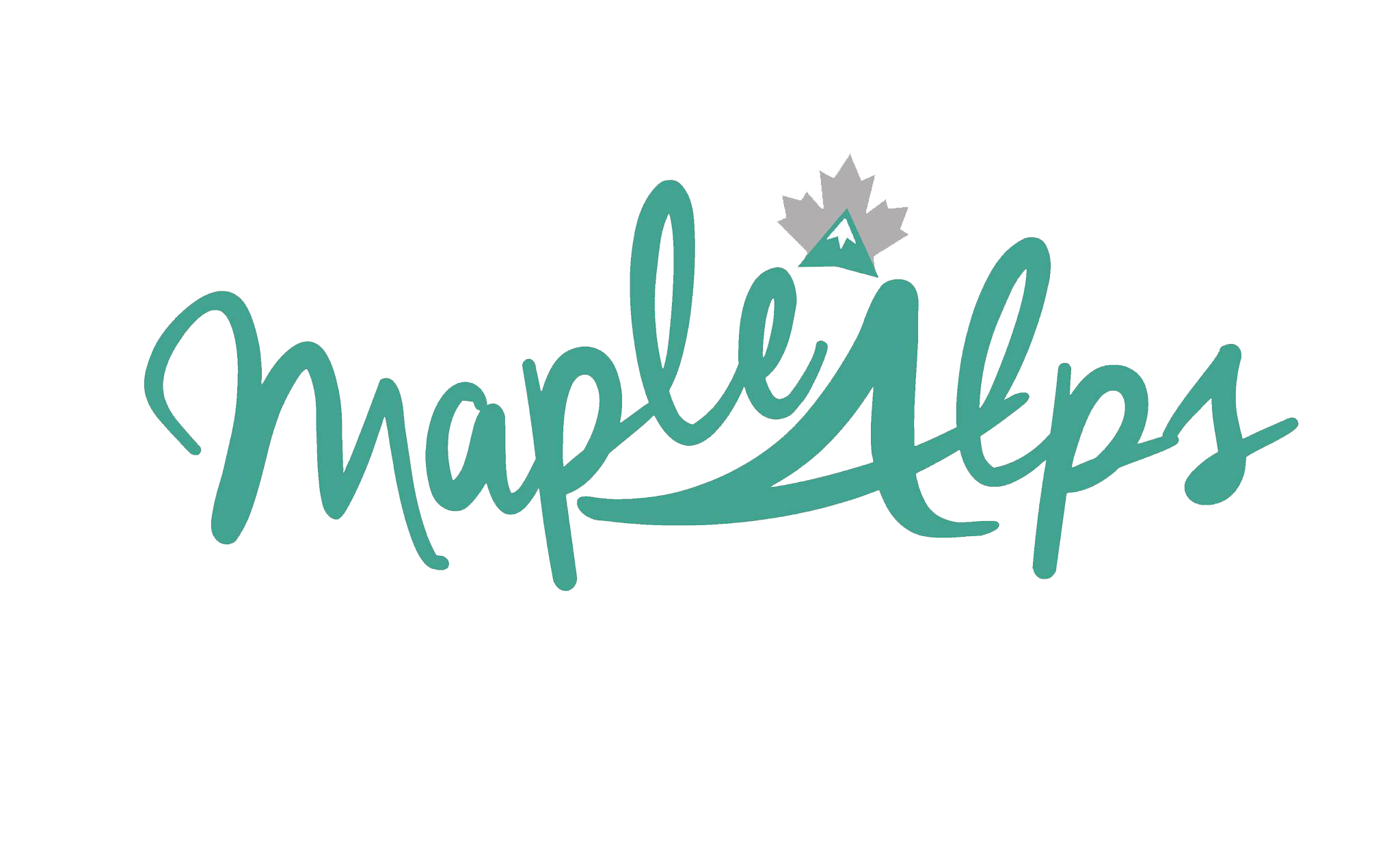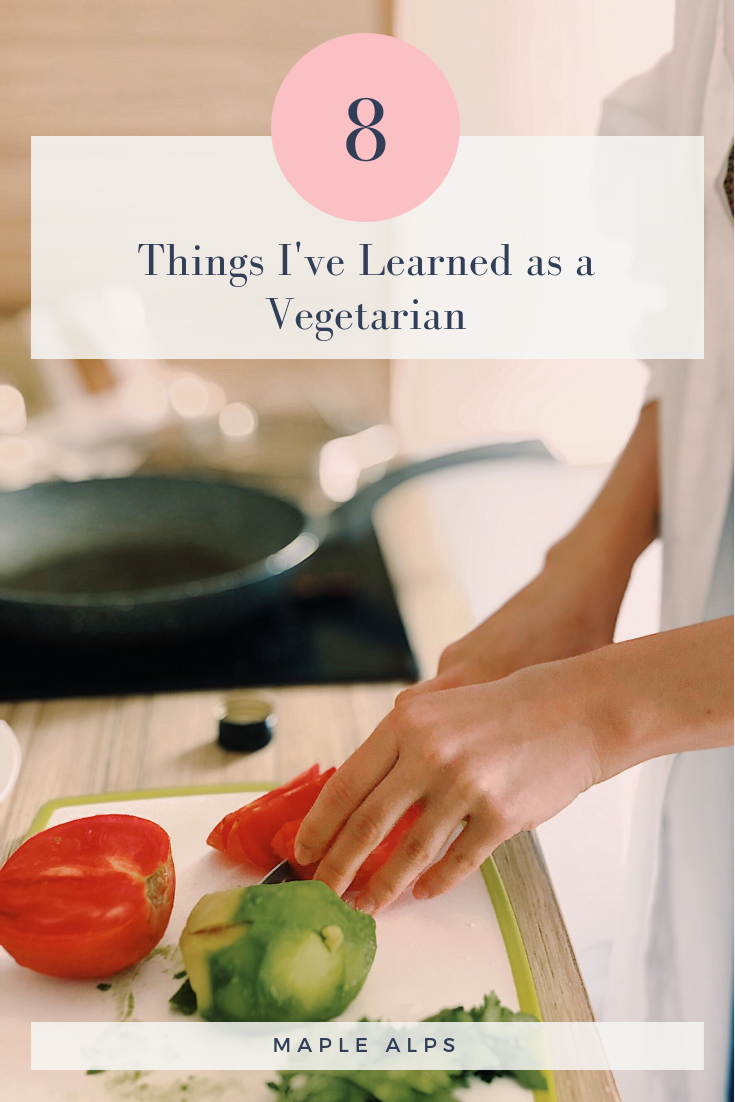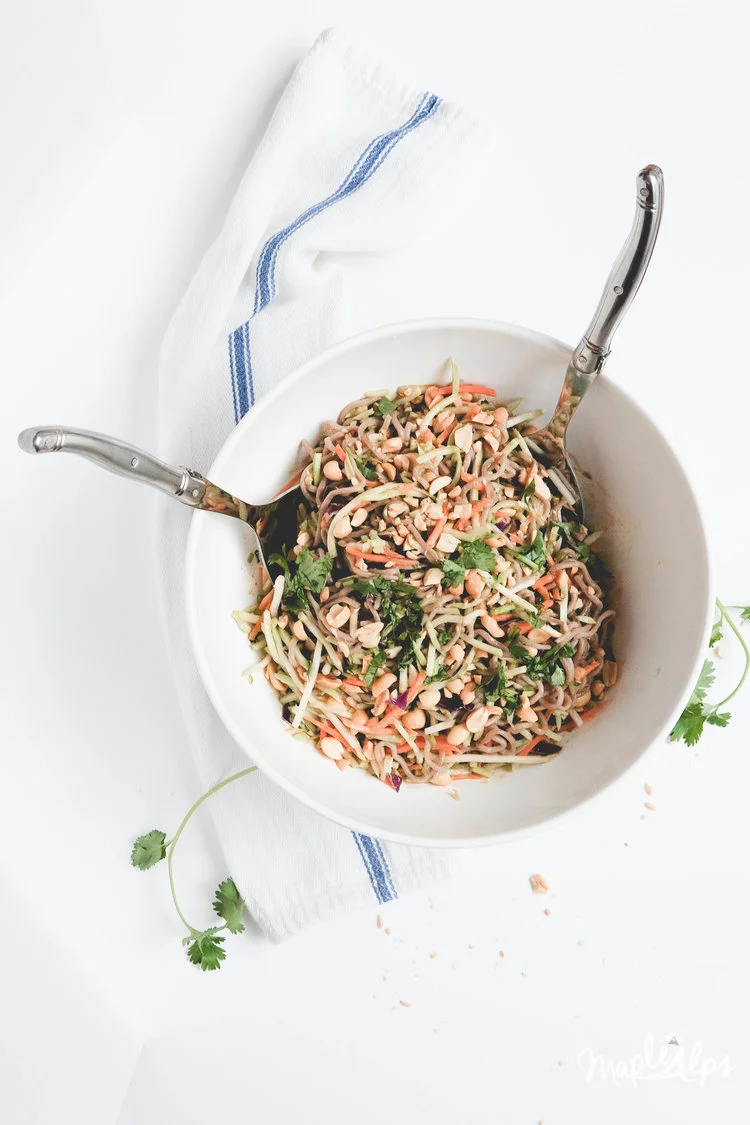Road trips are so much fun! Especially when they’re with the right people - or person! I cannot tell you how many miles of highway we’ve covered over the last ten years, but it is a very high number. We’ve become pretty good at road tripping, and even better at saving money while doing it. It took a little trial and error, but here are our tips so that you don’t have to go through that part. Let us know at the end what your best road trip money saving tips you have!
Set a budget
The first step in saving money for anything is setting a budget - an exact amount that you can spend, or should not spend over. When we budget for road trips, we consider how many miles we will be traveling to decide on how much to allot for gas, and how many days we will be taking. Another thing to consider is whether you will be driving your own car, or renting a car, and what the possible charges for that will be (don’t forget to look if the company limits your miles!).
Prep your own snacks for along the way
Not only will prepping your own snacks save you money, they will save you time as well! If you’re anything like me, you’d probably like to save the money you allotted for eating to eat out once getting to your destination rather than doing it along the way. Prepping easy, and healthy snacks will keep your prices down and save you time along the way that you would have used for stopping and ordering and the like. Another plus? You can use this opportunity to pack healthy snacks that will keep your energy up!
Use gas buddy to find the best gas prices on the road
Since you have to buy gas anyway, why not do a quick 10-second check to see where you can get the best deal along your route? It’s sometimes worth it to check prices along the way! I use an app called Gas Buddy to find the best deals around me frequently, and it has definitely paid off at times.
Consider alternate lodging along the way
Rather than staying in a nice hotel along the way, consider alternate lodging. Do you know a hospitable friend in the area you could stay with? Are you a camper? Oftentimes setting up a tent along the way is inexpensive. What about AirBNB? The possibilities are pretty much endless.
Get the most out of your gas
Before you leave, make sure your tire pressure is where it should be to get the most out of your mileage. Using cruise control also helps!
Consider Parking
Scout out the parking where you are going. I can’t tell you how many times I hadn’t even thought of that and found out parking was a crazy amount of money when I got there. Look ahead of time and see if you can find cheaper or even free parking nearby. Once, we got to our destination and the parking was OUTRAGEOUS. Some planning ahead would have saved us a headache.
Avoid getting a ticket
Avoiding traffic tickets will save you big bucks. Make sure to follow all road signs, including speed signs and traffic lights on your road trip. Be familiar with the rules of the road where you are going, as they do sometimes vary!
Calculate Tolls
Don’t forget about tolls! You may want to consider using a toll calculator to estimate how much you will be spending on tolls. Be aware that some tolls are now cashless and require some kind of tag transponder to avoid a surcharge. It might be worth it to get the system required where you will be traveling. Another option is to avoid tolls all together. You can make sure your settings in Google Maps avoid tolls to do this.
What are some ways you save money on road trips?








































![How To Cook [Garbanzo] Beans - Using a Pot, Instant Pot, or Slow Cooker](https://images.squarespace-cdn.com/content/v1/567965e369a91ad609246ebc/1531275735371-PREAXNB0J3B2YSLBJRIM/garbanzo-4.jpg)













